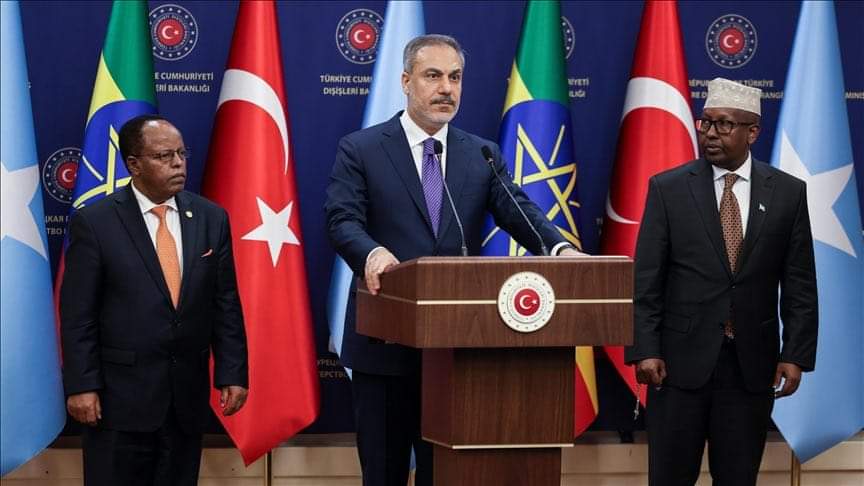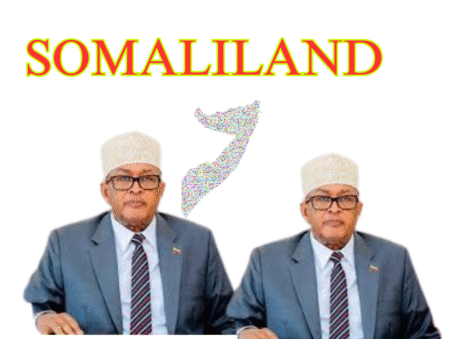Addressing Ethiopia Delusional Behaviour: Combating Destabilization and Terrorism
In today’s interconnected world, the behaviour of certain countries can sometimes be perceived as delusional, as they believe they are superior and have the right to act without accountability. These nations may even distort historical facts to support their narratives. However, it is crucial to recognize that every government and individual is equal, and such delusional behaviour can lead to destabilization and the rise of terrorism. This essay seeks to shed light on the negative consequences of such behaviour and emphasize the importance of taking preventive measures before it is too late.
1. The Illusion of Superiority:
Some countries may exhibit a sense of superiority, believing that they are above international norms and regulations. This delusional behaviour often stems from historical, cultural, or political factors. However, it is essential to understand that no nation is inherently superior to another. All governments and individuals share the same responsibilities and obligations to maintain peace and stability.

2. Distorting History:
Fabricating false narratives and distorting historical events is another manifestation of delusional behaviour. By manipulating historical facts, these countries seek to justify their actions and legitimize their agendas. However, this distortion of history undermines the collective knowledge and understanding of past events, leading to confusion and potential conflicts.
3. Consequences of Delusional Behaviour:
a. Destabilization: Delusional behaviour by certain countries can contribute to regional and global destabilization. By disregarding international laws and norms, they create a sense of insecurity and unpredictability, which can lead to conflict and tension among nations.
b. Terrorism: The delusional behaviour of some countries fosters an environment conducive to the growth of terrorism. When governments act without accountability, it can fuel grievances, radicalization, and extremist ideologies, ultimately leading to acts of terrorism.
4. The Need for Intervention:
To prevent the negative consequences of delusional behaviour, it is crucial to address these actors before it escalates further. The international community should take the following steps:
a. Diplomatic Engagement: Engaging in diplomatic dialogue and negotiations is essential to address delusional behaviour. Dialogue can help bridge differences and highlight the importance of adherence to international norms and laws.
b. International Cooperation: Countries must work together to create a united front against delusional behaviour. Collaborative efforts, such as economic sanctions or diplomatic pressure, can send a strong message and discourage nations from deviating from established norms.
c. Education and Awareness: Promoting education and awareness about historical accuracy and the importance of accountability is vital. By fostering critical thinking and understanding, individuals can challenge false narratives and contribute to a more informed and balanced global society.

Conclusion:
This delusional behaviour exhibited today by Ethiopia (dealing directly with a regional state of Somalia which constitute a violation of territorial integrity and sovereigntyof Somalia), which leads to the distortion of history and a sense of superiority, has severe consequences for global stability. Destabilization and terrorism are direct outcomes of this behaviour. The international community must intervene and address these actors before the situation worsens. Diplomatic engagement, international cooperation, and education are key tools in combatting this delusional behaviour. By doing so, we can strive towards a more harmonious and secure world for all nations and individuals.
By: Alain Askar






